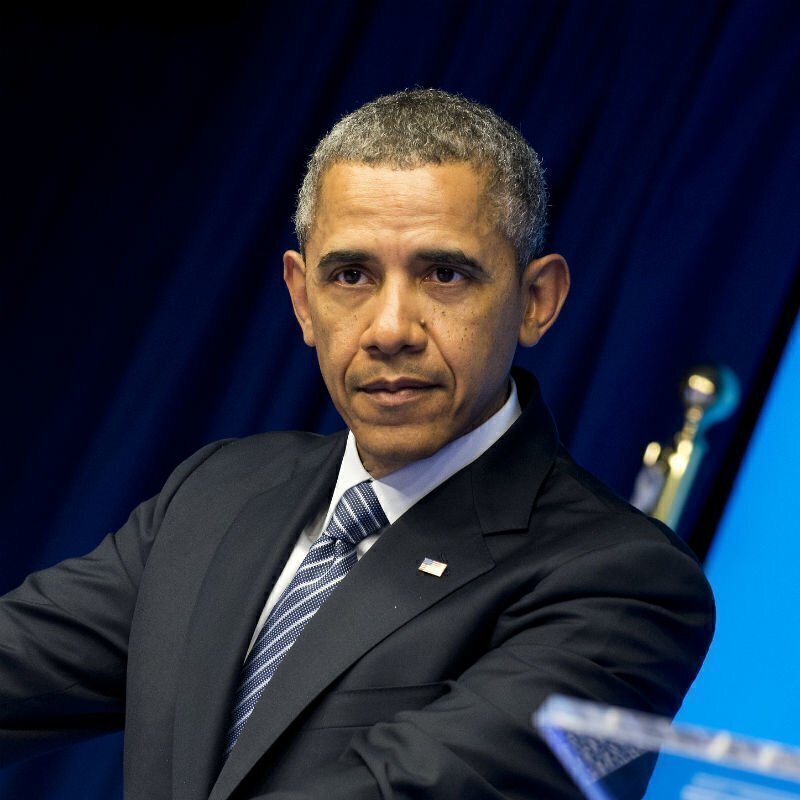 On Wednesday, President Obama sent a request to Congress to authorize military force against ISIS, seeking formal authority for actions that have been taking place since August 2014.
On Wednesday, President Obama sent a request to Congress to authorize military force against ISIS, seeking formal authority for actions that have been taking place since August 2014.
In his 2015 State of the Union address, Obama maintained that he already has the authority to use force, but that formal approval from Congress would present a united front to the rest of the world. Whether this authority exists and whether these actions are constitutional is, however, up for debate, and is shaping the way the President’s request has been received in Congress.
Article II of the Constitution states that “the President shall be commander in chief of the Army and Navy of the United States, and of the militia of the several states,” yet it leaves how much power the President has in this role in question.
In 1973, Congress clarified this debate somewhat with the War Powers Act, which requires the President to report to Congress within 48 hours of the use of military force into hostilities, and to end this use within 60 days in the absence of permission from Congress.
The War Powers Act has been given varying levels of respect in the decades since its inception.
In August 2014, when Obama ordered airstrikes against ISIS, he was presumably acting under the two Authorizations for Use of Military Force (AUMF) passed after the attacks on 9/11 in 2001 and 2002 that permitted the use of military force in Iraq. The President’s new proposal would end the 2002 AUMF but leave the 2001 authorization in effect.
The resolution also includes various limits on the power Obama could exercise against ISIL. The request would limit the campaign to three years, and does not authorize “enduring offensive ground combat operations.”
These limitations have led to conflicting responses on Capitol Hill. Republican leaders, for example, have criticized the resolution for unduly tying the President’s hands.
“Any authorization for the use of military force must give our military commanders the flexibility and authorities they need to succeed and protect our people,” said House Speaker John Boehner. “I have concerns that the President’s request does not meet this standard.”
Senator John McCain also advocated for more presidential power, saying, “The fact is we need to understand the president is the commander-in-chief, and that role I do not believe should be impinged on by Congress.”
Congressional Democrats have conversely argued for further limitations. House Democratic Leader Nancy Pelosi urged against the expansion of presidential power, saying, “We hope to have bipartisan support for something that would limit the power of the President, but nonetheless protect the American people in a very strong way.”
As currently written, the resolution grants Obama the power to extend the fight against ISIL beyond Iraq and Syria, giving him the authority to strike “associated persons or forces.”
That clause could cover people and groups in a wealth of different countries, calling into question how the War Powers Act can function in a world where wars are being fought against amorphous terrorist groups rather than countries with distinct borders.
Further in question is whether these transgressions from the War Powers Act conflict with a key constitutional principle: the separation of powers. While Congress continues to hold the purse strings, many people have voiced concerns about the growing power of the executive in recent years.
Laura Beltz is an intern at the National Constitution Center. She is also a second-year student at the University of Pennsylvania Law School.







